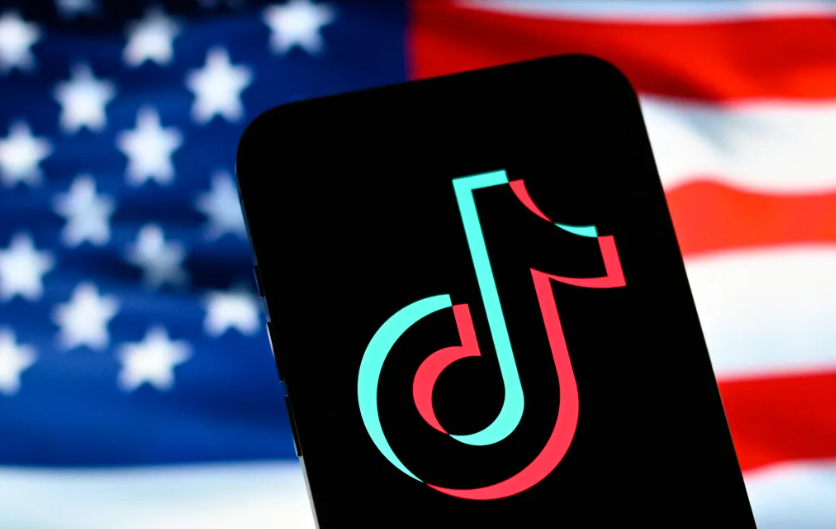The Latest US TikTok Ban: What It Means for Users and Businesses
The U.S. government’s push for a nationwide TikTok ban has once again taken center stage in debates surrounding data privacy, national security, and social media regulation. TikTok, owned by the Chinese company ByteDance, faces allegations of compromising American user data and posing potential threats to national security. The latest developments are sending shockwaves through users, creators, and businesses relying on the platform.
In this article, we’ll delve into the reasons for the proposed ban, its potential implications, and how users and businesses can prepare for a TikTok-free future.
The Push for a TikTok Ban: What’s Happening?
Over the years, TikTok has grown from a fun, trend-driven platform to a highly influential social media app. However, U.S. lawmakers argue that its ownership by ByteDance poses risks to national security. The concern centers around the possibility that TikTok may share sensitive user data with the Chinese government, a claim TikTok denies.
The Biden administration has ramped up efforts to implement a ban, echoing concerns voiced during previous administrations. A nationwide ban, following several state bans on government devices, could lead to the app being removed from app stores, cutting off access for millions of U.S. users.
Key Reasons Behind the Ban
- Data Privacy Issues TikTok collects extensive user data, including location, browsing habits, and device information. Lawmakers fear this data could be accessed by the Chinese government under existing Chinese laws.
- National Security Concerns Critics worry that TikTok’s algorithms could be manipulated to spread misinformation, influence public opinion, or even enable espionage.
- Content Moderation Concerns The platform has faced criticism for amplifying harmful content and lacking transparency in its moderation policies, raising concerns about its societal impact.
- Geopolitical Tensions The TikTok debate is part of broader U.S.-China tensions over trade, technology, and cybersecurity, making it a political battleground.
Implications of a TikTok Ban for Users
A ban on TikTok would disrupt the lives of millions of Americans, from casual users to creators and businesses.
1. Impact on Content Creators
TikTok has enabled countless creators to gain fame, income, and influence. A ban would force these creators to migrate to platforms like Instagram Reels, YouTube Shorts, or Snapchat Spotlight, starting over in many cases.
2. Effect on Small Businesses
Many small businesses rely on TikTok for affordable marketing and customer engagement. Without the platform, they’ll need to invest in other, often more expensive, marketing channels.
3. Everyday Users
For everyday users, TikTok is a source of entertainment, education, and trends. A ban would mean losing a unique community and access to niche content.
For tips on adjusting your social media strategy in light of these changes, visit www.enlightguide.com.
Implications for Businesses
The economic impact of a TikTok ban would extend to businesses of all sizes:
- Marketing Disruptions TikTok’s ad platform is a favorite among brands targeting younger audiences. A ban would force businesses to shift their ad spending to platforms like Instagram and YouTube, potentially increasing competition and costs.
- Loss of Direct Engagement TikTok’s unique algorithm offers businesses unparalleled opportunities for organic reach and engagement. Losing this channel could make customer acquisition more challenging.
- Job Losses The ban could lead to significant job losses in industries reliant on TikTok, from influencer marketing agencies to production companies specializing in TikTok campaigns.
For small businesses seeking alternative marketing strategies, check out www.lifewithvibe.com for practical insights.
Global Implications of a TikTok Ban
The TikTok ban has ramifications beyond U.S. borders, setting a potential precedent for other countries. It could also spark a shift in how governments regulate social media platforms:
- Increased Oversight A TikTok ban might pave the way for stricter regulation of social media platforms, including U.S.-based companies like Meta and Google.
- Rise of Domestic Alternatives The ban could create opportunities for U.S.-based social media platforms to fill the void, fostering competition and innovation.
- Fragmented Social Media Landscape As more countries consider banning or heavily regulating TikTok, the global social media ecosystem may become more segmented.
For the latest updates on technology and its impact on society, visit www.poisoneyez.com.
Alternatives to TikTok
If TikTok is banned, users and businesses will need to explore other platforms to fill the void. Here are some of the best alternatives:
- Instagram Reels Reels offers a similar format to TikTok and is already popular among creators and brands.
- YouTube Shorts YouTube’s short-form video platform provides creators with a way to leverage YouTube’s vast user base.
- Snapchat Spotlight Spotlight focuses on short, engaging content and is particularly appealing to younger audiences.
- Emerging Platforms New apps like Triller, Clapper, and BeReal are positioning themselves as potential TikTok alternatives.
For more travel and lifestyle content suited to your interests, explore www.flyvoye.com.
Can a Ban Be Avoided?
While the ban is gaining traction, there are still ways it could be prevented:
- Government Negotiations TikTok has proposed measures like storing U.S. data on domestic servers and enhancing transparency. These steps might satisfy lawmakers’ concerns.
- Legal Challenges TikTok is likely to challenge the ban in court, potentially delaying or overturning it.
- Public Resistance TikTok’s widespread popularity could lead to significant backlash, influencing policymakers to reconsider.
Conclusion
The proposed TikTok ban represents a pivotal moment in the evolving relationship between technology, security, and geopolitics. While the concerns about data privacy and national security are valid, the ban would disrupt the lives of millions and reshape the digital landscape.
Users, creators, and businesses should start preparing for a TikTok-free future by diversifying their presence on other platforms and staying informed about legislative developments.
To learn more about digital marketing and business strategies, visit www.enlightguide.com. For tips on adapting your business to the changing social media landscape, check out www.lifewithvibe.com. Stay updated on tech-related news and trends at www.poisoneyez.com.


0 Comment